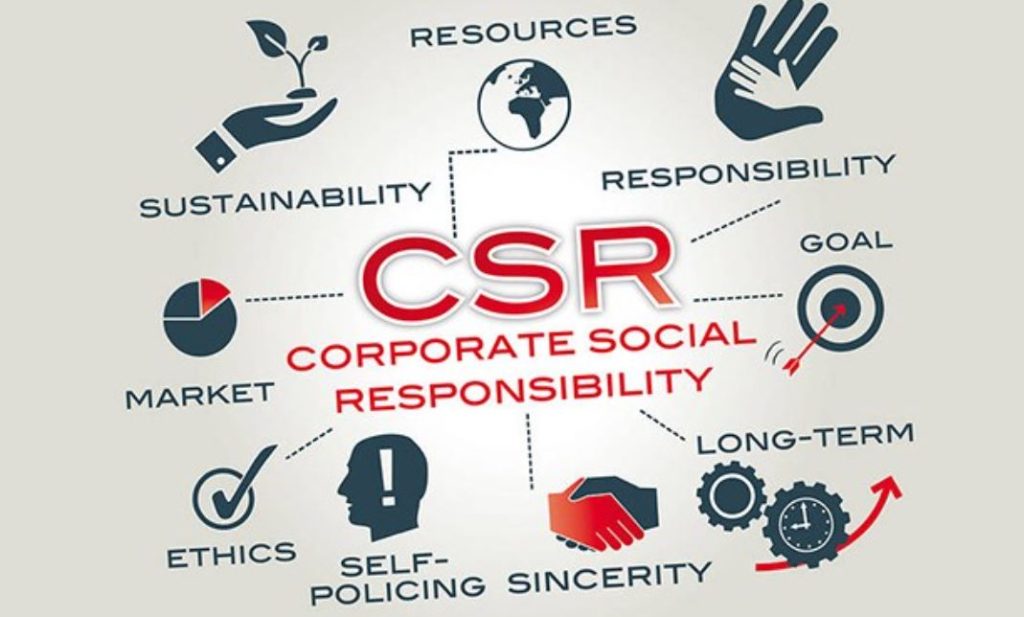
Corporate Social Responsibility widely known as CSR has become an integral component of modern business operations, reflecting a commitment to ethical practices and societal well-being. However, despite its noble intentions, CSR initiatives often encounter pitfalls that undermine their effectiveness. This discourse explores the reasons behind CSR failures and offers pragmatic solutions to rectify these shortcomings.
Challenges of CSR Implementation:
1. Superficiality: Many companies engage in CSR activities merely for public relations benefits, without genuine dedication to societal welfare. This leads to token gestures rather than substantial impact.
2. Lack of Integration: CSR initiatives are frequently treated as separate from core business strategies, resulting in disjointed efforts that fail to align with organizational goals and values.
3. Insufficient Transparency: Transparency is essential for building trust with stakeholders. Yet, some companies fail to disclose pertinent information regarding their CSR practices, fostering skepticism and mistrust.
4. Short-term Focus: CSR initiatives often prioritize immediate gains over long-term sustainability. This short-sighted approach can undermine the lasting positive effects that CSR endeavors seek to achieve.
5. Inadequate Measurement: Without robust metrics to assess the outcomes of CSR initiatives, companies struggle to demonstrate tangible results, hindering accountability and progress.
Strategies for Enhancing CSR Effectiveness:
1. Authentic Commitment: Companies must genuinely embrace CSR as a core value, integrating it into their corporate culture and decision-making processes. Authenticity fosters credibility and reinforces trust with stakeholders.
2. Strategic Alignment: CSR efforts should be closely integrated with business objectives, ensuring coherence and synergy between profit-driven pursuits and societal responsibilities.
3. Enhanced Transparency: Companies should prioritize transparency by openly communicating their CSR goals, actions, and outcomes. This transparency builds credibility and facilitates meaningful engagement with stakeholders.
4. Long-term Vision: Adopting a long-term perspective is crucial for sustainable CSR impact. Companies should prioritize initiatives that address systemic issues and contribute to enduring societal change.
5. Metrics-driven Approach: Implementing robust measurement frameworks enables companies to assess the efficacy of CSR initiatives accurately. By tracking key performance indicators, organizations can demonstrate progress and hold themselves accountable.
Honestly, CSR holds immense potential to drive positive change and foster sustainable business practices. However, its effectiveness hinges on overcoming prevalent challenges and adopting proactive strategies. By cultivating authentic commitment, aligning initiatives with strategic objectives, enhancing transparency, prioritizing long-term impact, and embracing metrics-driven evaluation, companies can elevate their CSR endeavors from mere gestures to meaningful contributions towards a better world.









